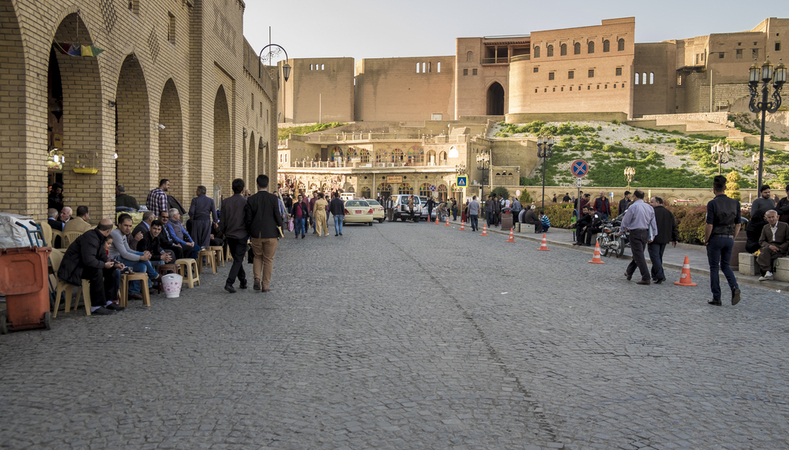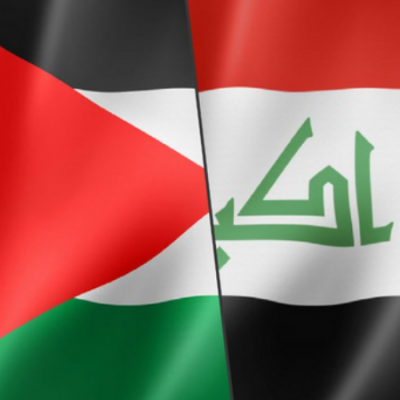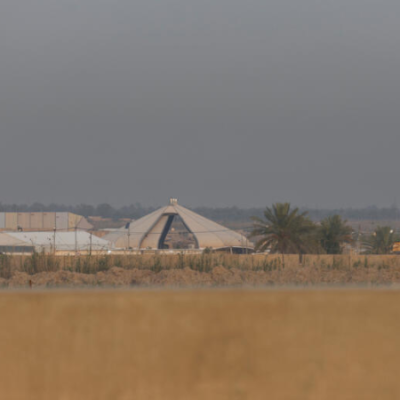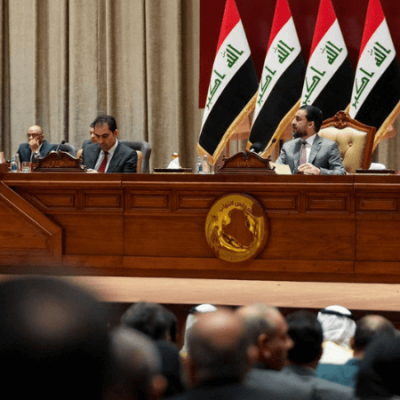Iraqi economy in ‘existential crisis’, corruption, the key accelerator and rise in oil prices the only hope

In a recent interview, Iraq’s deputy Prime Minister Ali Allawi, confessed that the state of economy was spiralling down with corruption as the key contributor to the situation. He warned that the economic condition might keep the nation in “existential crisis so long as oil does not reach $70 a barrel for a sustained period”.
He also suggested that for sailing through the current times cuts in public spending were needed as government revenues were demonising. While expressing his worry over the state of corruption in the country he said that border customs “are riddled with corruption to the point where minor clerks’ jobs in some outposts change there for $50,000 to $100,000 and sometimes it goes up to multiples of that”.
Allawi, who also serves as the finance minister of the new government, emphasised that due to high corruption and infiltration of funds Iraq’s treasury received only a tenth of the $8bn from customs, an amount which it should otherwise receive annually. He added that his country stood in great contrast to Jordan where the treasury received 97% of collected amount from customs. He equated Iraq’s current situation with a dry season at a lake in Africa “where the fish become more frenzied as the oxygen levels reduce … many of these people did not know how to extract rent from this dwindling pool”.
Read more : Iraq’s bleak options against renegade Shia militias
The new government of Mustafa al-Kadhimi came to power in May after months of street protests. Last year in October, the country faced its worst protests as tens of thousands of Iraqis took to the streets to condemn deep-rooted corruption prevalent in the government set up, its poor service and high rate of unemployment in Baghdad. Al-Kadhimi’s government claimed to introduce major economy reforms in the country before elections due next year.
On Government being struggling with the oil prices, Allawi said: “On the assumption that oil prices don’t move up, something somewhere has to give – either we follow a sort of Venezuela course and become an oil economy that goes belly up, or we tighten our belts.”
He said “nobody’s going to be for belt-tightening”, but added that there was a possibility of change. Current levels of public expenditure was getting unmanageable, he said. “It requires, I must say, that somebody has to say ‘no’ at some point and now, I suppose this has fallen to me to say ‘no’ but you can only say ‘no’, up to a point, or then they will say ‘no’ to you.”
Allawi said: “A lot of the country’s problems are interlocking and whenever there is an issue that requires resolution, there’s bound to be some vested interest, sometimes extremely powerful, that stop this from happening. “People say, ‘Why not go after low-hanging fruit.’ There really is no such thing as low-hanging fruit if the entire environment around you is to a large extent devastated.”




